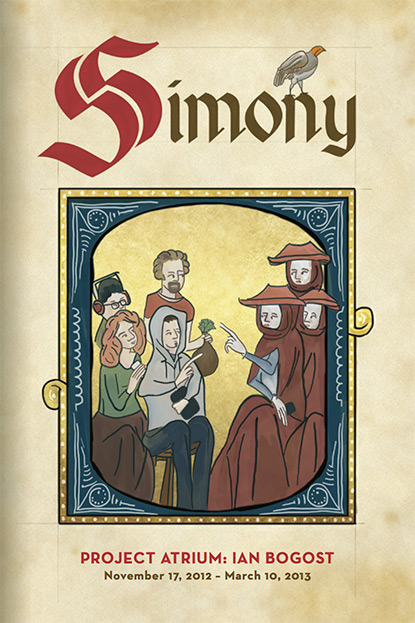
simony [sahy-muh-nee, sim-uh-] ExamplesWord Origin noun
- the making of profit out of sacred things.
- the sin of buying or selling ecclesiastical preferments, benefices, etc.
Origin of simony 1175–1225; Middle English simonie Late Latin simōnia; so called from Simon Magus, who tried to purchase apostolic powers; see Simon(def 5), -y3 Related formssi·mon·ist, noun Dictionary.com Unabridged Based on the Random House Unabridged Dictionary, © Random House, Inc. 2019 Examples from the Web for simonists Historical Examples of simonists
He insults the judges, calls them simonists and ribalds, and refuses to answer the questions put to him.
J. K. Huysmans
They are all Simonists, as they give no holy thing without pay.
A General History and Collection of Voyages and Travels, Vol. I
Robert Kerr
British Dictionary definitions for simonists simony noun
- Christianity the practice, now usually regarded as a sin, of buying or selling spiritual or Church benefits such as pardons, relics, etc, or preferments
Derived Formssimonist, nounWord Origin for simony C13: from Old French simonie, from Late Latin sīmōnia, from the name of Simon Magus Collins English Dictionary – Complete & Unabridged 2012 Digital Edition © William Collins Sons & Co. Ltd. 1979, 1986 © HarperCollins Publishers 1998, 2000, 2003, 2005, 2006, 2007, 2009, 2012 Word Origin and History for simonists simony n.
c.1200, “the sin of buying or selling sacred things,” from Old French simonie “selling of church offices” (12c.), from Late Latin simonia, from Simon Magus, the Samaritan magician who was rebuked by Peter when he tried to buy the power of conferring the Holy Spirit (Acts viii:18-20). Related: Simoniac; simoniacal.
Online Etymology Dictionary, © 2010 Douglas Harper
 Liberal Dictionary English Dictionary
Liberal Dictionary English Dictionary

